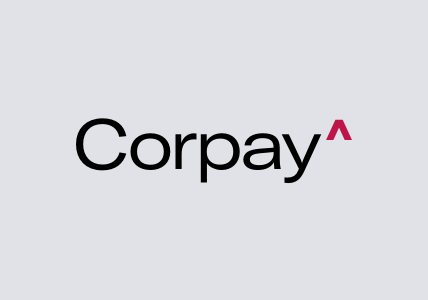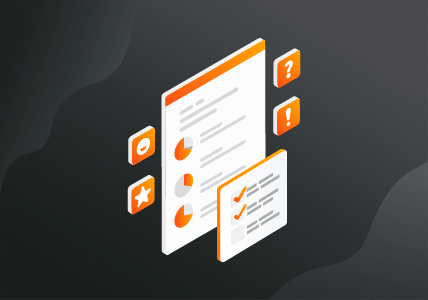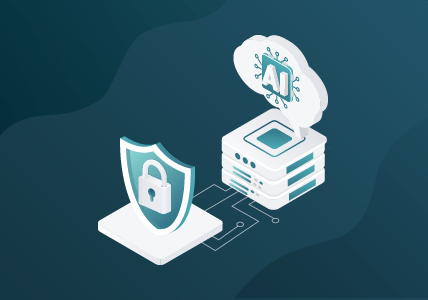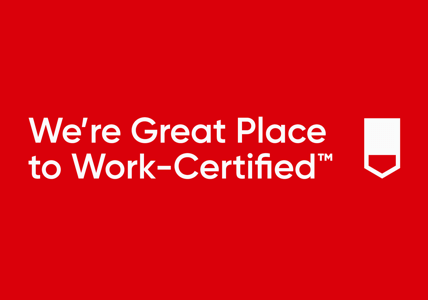What Is a Public Cloud?
What Is a Public Cloud?
A public cloud is a type of computing service provided by a third party that is accessible to the public across the internet. There are different types of resources available through the public cloud, including storage capabilities, applications, and virtual machines. Public cloud offerings run the gamut from free public use to pay-per-use and subscription models.
Public cloud examples include online email services such as Gmail, document-sharing tools like Dropbox, and social networking sites like X (formerly Twitter). More advanced public cloud options designed to facilitate business operations include Microsoft Azure and Google Cloud.
One defining characteristic of a public cloud is that the cloud-based hardware, storage, and network devices are all shared between multiple users; there’s no such thing as exclusive use in public cloud computing.
But while public cloud is the most well-known kind of cloud computing, it’s not the only available option. Public cloud stands in direct comparison to private cloud.
What Is Private Cloud vs. Public Cloud
The main private versus public cloud difference is that a private cloud serves a single business or organization.
Although private cloud servers are often located in on-site data centers, they may also be hosted by third-party providers. But whether the actual computers are in-house or off-site, the hardware, software, devices, services, and infrastructure are maintained on private networks dedicated entirely to the organization in question; there is no overlap, and no other individuals or groups may access, use, or view the private cloud resources.
Another aspect to consider is that public clouds tend to cost less and provide a larger degree of scalability than private cloud solutions, though they may also be less customizable. Private clouds provide more control over the computing and the features that are being used, and maintenance tends to move more quickly for private clouds.
Public Cloud vs. Hybrid Cloud
While there’s a fairly clear distinction between public and private cloud, hybrid cloud blurs that line. This is because a hybrid cloud attempts to combine some of the best aspects of both public and private clouds to create a more flexible solution and promote improved scalability.
Hybrid cloud platforms make it possible for information to be shared between local, private systems and remote-access, public cloud databases. This allows businesses to get more value from their existing infrastructure, scaling up or down to meet fluctuations in demand and relying on a public cloud to handle any overflow, without exposing the entirety of the business’s cloud-based data to third parties.
Benefits of Using a Public Cloud
1. Lower Costs
With a public cloud, there is no need to maintain an internal infrastructure — hardware and software are managed by the provider, making it easier. Typically, you only pay for the cloud services that you use, and you are not saddled with unnecessary features and costs. There is often also more flexibility in payment options where businesses can pay by usage, hour, or interaction. Public cloud likewise entails a lower staffing cost, as you don’t need to pay for a team to maintain and optimize on-site cloud infrastructure.
2. Scalability
Infrastructure is optimally built in public cloud data centers to ensure that scalability is infinite, easy, and possible without any downtime or decrease in workload capabilities, which is difficult to achieve with internal data centers. Deployment is drastically simplified, as a company needs only to purchase the services it needs and then configure and set up its cloud using a secure internet connection. Conversely, an on-site private cloud usually requires a significant investment of time and resources to set up hardware, create and operate software, and configure cloud services.
Challenges of Public Cloud
Every business will face unique challenges when moving to public cloud, such as the surprise of the pay-as-you go model, which can become expensive without a monitored budget or surges in data transmission that causes latency and performance issues. But for the most part, here are the biggest challenges for organizations:
1. Lack of Options
Because public cloud options are designed to be accessible to many different users at once, they tend to take a homogenized, one-size-fits-all approach. This helps ensure the widest possible usability but often results in services and tools that are never quite perfect for the needs of individual organizations. And because customization may also be very limited in public cloud settings, those businesses that need something outside of the established wheelhouse might be neglected.
2. Security Concerns
It’s worth recognizing that public cloud providers take security very seriously. Depending on your industry, not having direct security control may be a liability, effectively eliminating a public cloud as a viable option. Organizations that wish to maintain high levels of user privacy and data security may consider using private or hybrid cloud options instead. However, by working with an established, trusted cloud provider, many public cloud security concerns become nonissues.
Find the Cloud Solution That Fits Your Business
In the end, the most important question to ask when contemplating potential cloud solutions is this: What is a public cloud capable of providing my business; would a private cloud or a hybrid cloud solution be a better fit for my needs right now?
When backed by the world’s leading visibility and traffic monitoring provider, a public cloud becomes more feasible than ever before. GigaVUE Cloud Suite™, part of the Gigamon Deep Observability Pipeline, puts businesses in control of their cloud-based data. The GigaVUE Cloud Suite supports any public or hybrid cloud computing environment.
Gigamon Product Tour | Gigamon Live Demo | Gigamon Test Drive
Public cloud visibility offers increased control so you can ensure your cloud is working to help you reach your goals, even when the cloud is not exclusive to your organization. And, with advanced security and monitoring options, you can keep your data in the cloud while staying secure in the knowledge that you’re keeping your data safe.
After all, there’s a reason that more businesses use the public cloud than any other cloud structure, and with Gigamon, you can take the benefits of public cloud computing further than ever before.
Featured Webinars
Hear from our experts on the latest trends and best practices to optimize your network visibility and analysis.

CONTINUE THE DISCUSSION
People are talking about this in the Gigamon Community’s Hybrid/Public Cloud group.
Share your thoughts today








 Dan Daniels
Dan Daniels


